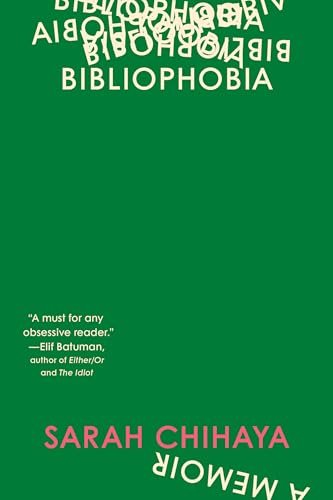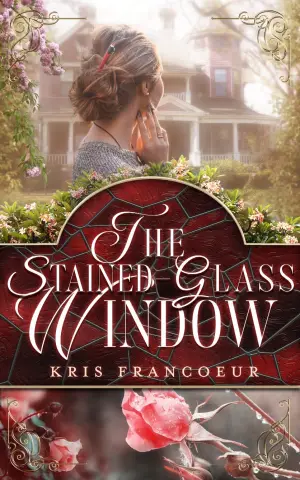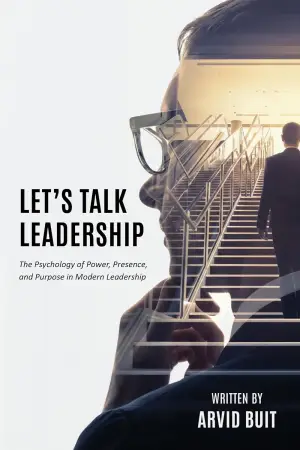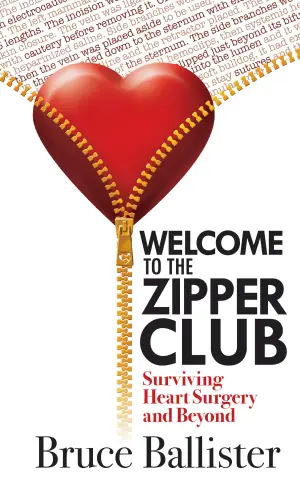Engaging with Sarah Chihaya’s Bibliophobia: A Reflection
When I first heard about Bibliophobia by Sarah Chihaya, I couldn’t shake the feeling that it might just resonate with that part of me that has, for too long, grappled with books as both refuge and entrapment. The title alone piqued my curiosity—there’s something intriguing about an author’s exploration of their relationship with books while grappling with their emotional burdens. Thank you to Random House and NetGalley for providing a free e-ARC in exchange for an honest review; this is a book I didn’t know I needed until I found it.
Chihaya’s Bibliophobia unfolds like a tapestry, weaving together threads of her experiences with depression, family trauma, and her complex, lived relationship with literature. The prose is strikingly clean and incisive, echoing the style of my favorite writers who distill their emotions into crystalline lines that resonate long after reading. Moments in the book left me breathless, such as when Chihaya writes, “I immediately, repeatedly reread certain passages at a word-by-word crawl, not to understand what happened, but to figure out how it was happening.” This articulation of the deeply personal connection to reading hit home, evoking that electrifying feeling when a book makes us confront our own existence.
One of the glaring themes is the intricacy of living with depression, particularly from a cultural lens. Chihaya shares, “That’s the annoying fact that challenges all writing about depression: It is just not a good story.” How true this rings, as I’ve experienced the often mundane, monotonous nature of such a struggle. The way she describes her mental state, “…a drained immobility that I would not have had words to explain then, as a child of seven or eight, except to say ‘I’m tired,’” articulates feelings I thought only I understood. It’s a powerful reminder of how pervasive and isolating depression can be, especially within the confines of cultural expectations around mental health.
Another thread that runs throughout Bibliophobia is the poignant exploration of racial and familial dynamics. As a child of immigrants, Chihaya’s journey to reconcile her feelings about her identity struck a chord with me. Her insightful comment, “Nervous breakdown was not for the children of immigrants,” encapsulates a struggle many of us relate to—confronting mental health issues in spaces where it’s often left unacknowledged.
What truly left a mark on me was her characterization of books as “Life Ruiners.” Chihaya captures this beautifully, stating that a Life Ruiner is not solely a book that brings despair but one that stirs an insatiable longing for a depth of experience in literature that can feel both exhilarating and terrifying. This dichotomy of longing and fear becomes palpable, compelling readers to confront their own relationships with the written word.
Interestingly, Bibliophobia is not a conventional memoir. Chihaya defies chronological storytelling in favor of a more textured exploration of her thoughts and experiences. As a literature professor, her academic insights occasionally sip into the narrative, creating a rich duality that juxtaposes personal reflection with literary analysis. Though I personally found myself drawn to her vulnerable moments more than the theoretical segments, both aspects surely contribute to the pulsating heart of the book.
As I closed Bibliophobia, I realized it wasn’t just an exploration of books; it was a reflective journey through Chihaya’s soul. This book is a must-read for anyone who has wrestled with their identity, mental health, or the haunting belief that we are mere shadows of the words we consume. In sharing her innermost struggles, Sarah Chihaya invites us to reflect on our own.
If you’re a lover of literature, mental health advocacy, or simply crave someone who articulates the complexities of the human experience with nuance and sensitivity, Bibliophobia will resonate deeply. This collection is not just a reading; it’s an experience that lingers, offering solace and camaraderie to those navigating similar paths.
Discover more about Bibliophobia on GoodReads >>







